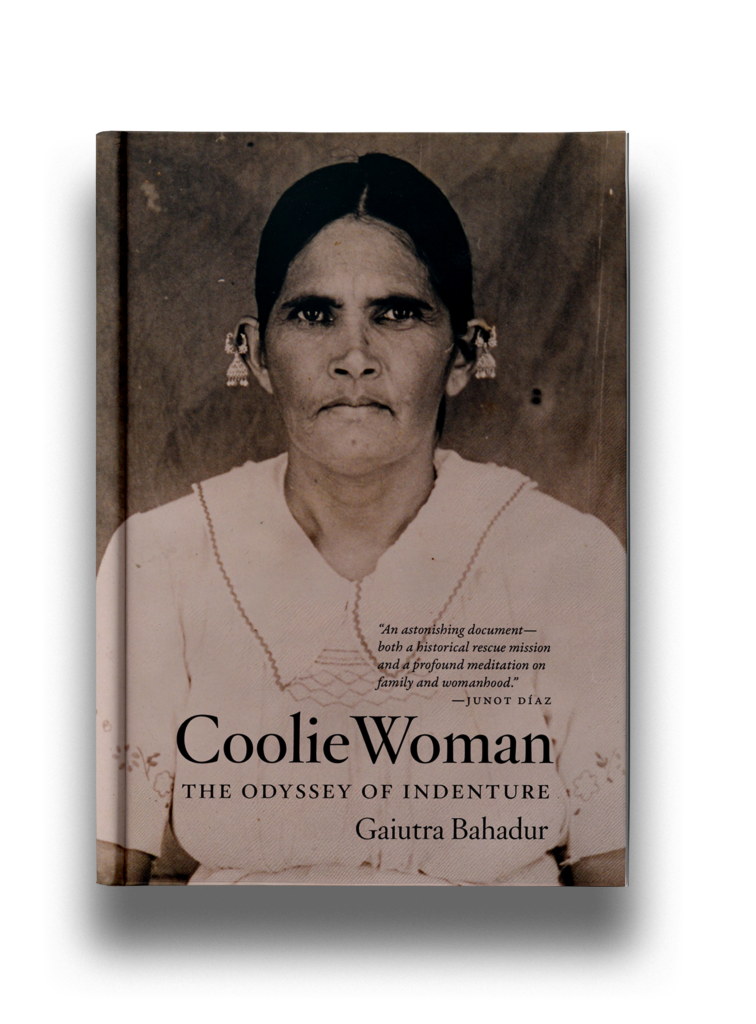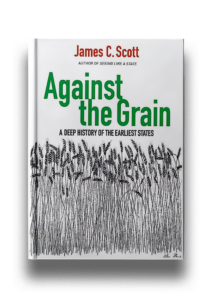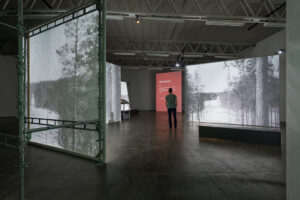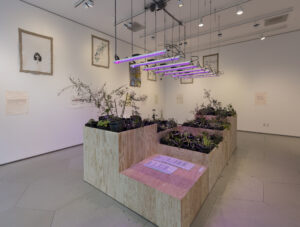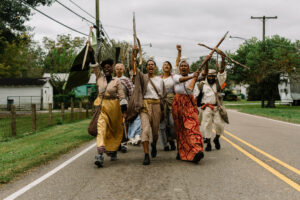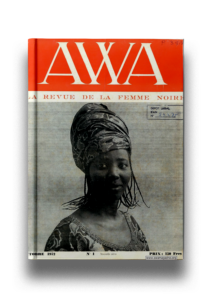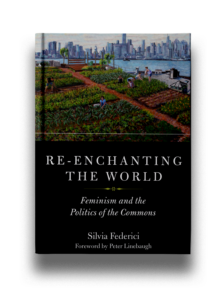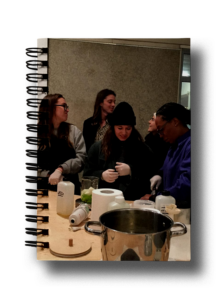Year
2013
Publisher
University of Chicago Press
Author
Gaiutra Bahadur
Annotation
Coolie Woman is a personal journey for Gaiutra Bahadur, and an important one if we are to discuss histories of slavery and indentured labour. The book is the author’s quest to find out details of her great-grandmother’s story – a woman who was sent to work on the plantations in Africa, when slavery was abolished. The book is about the stories that come from what is recorded but also what’s missing.
Meenakshi Thirukode
It is hard, in these glimpses, to escape the angle of sexual exploitation by figures of all ranks and races. In these archives of misconduct, the women appear resisting advances. Or, giving in to them. Or - in the eyes of many shipofficials - courting them. But the records also provide other views of the women: on the deathbeds, giving birth, losing children, going mad, being driven to suicide, engaged in infanticide, rejecting or being rejected by shipboard husbands, demanding that husbands prove themselves, stowing away, crying, cursing, possibly in love and clearly in anguish. Admittedly, the reports present psyches aboard ship at their most awry, since they typically only mentioned a migrant when something had gone wrong.
